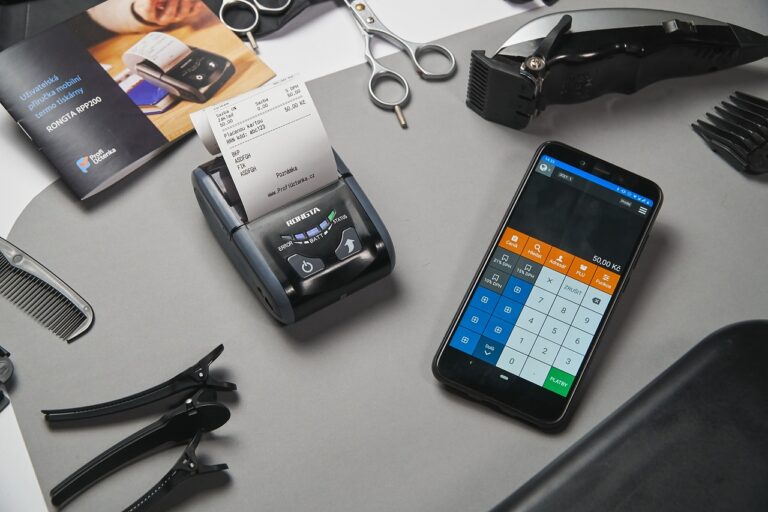Digital Wallet Security: Ensuring Safe Transactions in Mobile Shopping
When it comes to ensuring safe transactions, one crucial factor to consider is using secure payment methods. Opt for reputable payment platforms that offer encryption to safeguard your financial information from potential cyber threats. It is also recommended to avoid sharing sensitive details such as your credit card CVV or login credentials over unsecured networks to prevent unauthorized access to your accounts.
Another key factor in ensuring safe transactions is being vigilant of phishing attempts. Scammers often use deceptive tactics to trick individuals into disclosing personal information or clicking on malicious links. Stay cautious when receiving unsolicited emails or messages requesting financial details, and always verify the legitimacy of the sender before taking any actions. By staying informed and implementing these practices, you can better protect yourself against online fraud and maintain the security of your transactions.
Understanding the Risks of Mobile Shopping
As more people turn to their smartphones and tablets for shopping, it’s crucial to be aware of the risks associated with mobile transactions. One common risk is the potential for insecure networks, which can make your personal and financial information vulnerable to hackers. When shopping on public Wi-Fi networks, such as in cafes or airports, it’s important to remember that these networks are often unsecured, making it easier for cybercriminals to intercept your data.
Another risk to consider is the prevalence of fake shopping apps and websites specifically designed to steal your information. These malicious platforms mimic legitimate retailers, making it challenging for consumers to distinguish between the real and the fake. To protect yourself, always ensure that you are downloading apps from trusted sources, such as the official app store for your device, and only shop on secure websites with “https” in the URL.
Importance of Strong Password Protection
When it comes to online security, one of the first lines of defense is a strong password. A robust password can deter unauthorized access to your personal information and accounts. In today’s digital age, where cyber threats are becoming more sophisticated, having a strong password is essential in safeguarding your online identity.
Using a combination of uppercase and lowercase letters, numbers, and special characters can make your password more resilient to hacking attempts. It’s also crucial to avoid using easily guessable information like your name, birthdate, or pet’s name in your passwords. Regularly changing your passwords and refraining from using the same password for multiple accounts are additional measures that can enhance your online security.
• Creating a strong password with a combination of uppercase and lowercase letters, numbers, and special characters
• Avoiding easily guessable information like name, birthdate, or pet’s name in passwords
• Regularly changing passwords for added security
• Using unique passwords for each online account to prevent unauthorized access
Why is strong password protection important?
Strong password protection is important because it helps prevent unauthorized access to your personal and financial information.
How can I create a strong password?
To create a strong password, use a combination of letters (both uppercase and lowercase), numbers, and special characters. Avoid using easily guessable information like your name or birthdate.
How often should I change my passwords?
It is recommended to change your passwords regularly, at least every 3-6 months, to ensure maximum security.
Can I use the same password for multiple accounts?
It is not recommended to use the same password for multiple accounts as it increases the risk of all your accounts being compromised if one password is breached.
What should I do if I suspect someone has access to my password?
If you suspect someone has access to your password, change it immediately and enable two-factor authentication for an extra layer of security.
Are password managers safe to use?
Password managers are generally safe to use as they encrypt your passwords and store them securely. However, it is important to choose a reputable password manager and use a strong master password.







